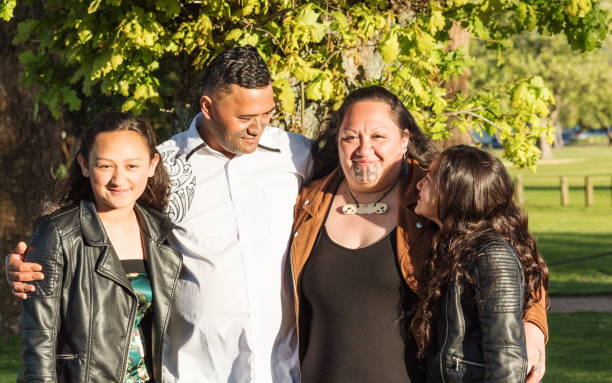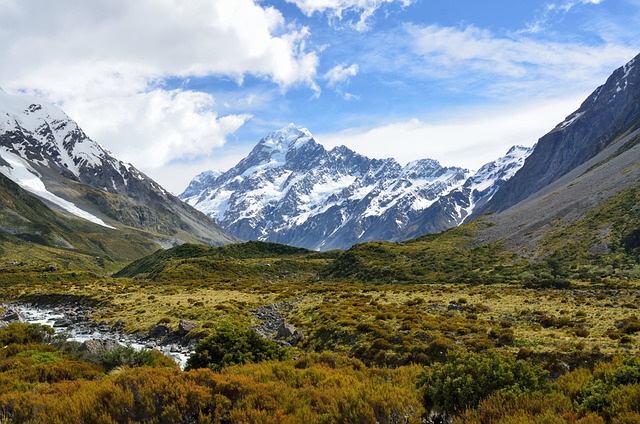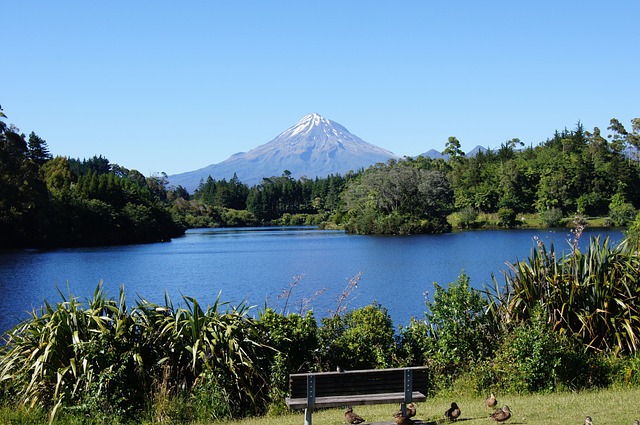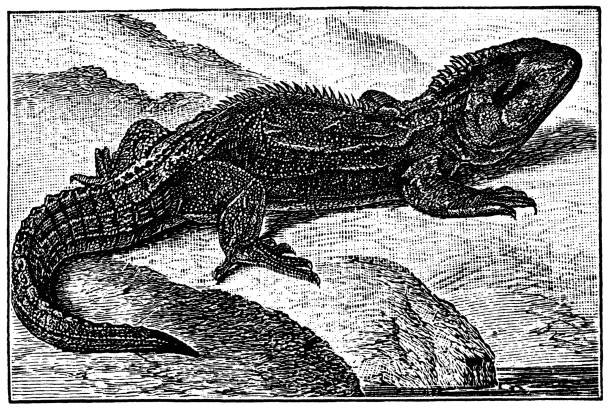Explore the vibrant world of love in Maori culture, where “aroha” encompasses compassion, kinship, and a deep reverence for nature. This article delves into the traditional and modern expressions of love among the Maori, highlighting how these practices strengthen communal bonds and enrich personal relationships.
The Essence of Love in Maori Traditions
The concept of love in Maori culture, known as “aroha,” plays a pivotal role in the social and spiritual fabric of Maori communities. Aroha is much more than just romantic love; it encompasses compassion, empathy, and a deep connection to both people and nature. This unique perspective on love offers a rich avenue for understanding how the Maori people integrate affection and respect into their daily lives and rituals. Below are the Key Aspects of Aroha:
- Whanaungatanga (Kinship): This form of love in Maori culture emphasizes the bonds between extended families and the community. It promotes collective responsibility and caring for one another, reinforcing the social structure within the tribe.
- Manaakitanga (Hospitality and Care): It represents love through acts of kindness, hospitality, and mutual respect among individuals, which strengthens community ties and personal relationships.
- Kaitiakitanga (Guardianship): This refers to a love and respect for the environment, showcasing the deep connection Maori people have with their land and natural resources.
Expressions of Love in Maori Culture
The Maori language and traditions offer beautiful expressions of love. From ancient customs to modern practices, love in Maori culture is celebrated and revered through various forms.
| Category | Practice/Representation | Description |
| Traditional Practices | Haka | Often seen as a war dance, haka is also performed during weddings and celebrations as a powerful expression of community spirit and unity, key aspects of love in Maori tradition. |
| Waiata (Songs) | Customary songs that are an integral part of Maori ceremonies, used to express emotions and tell stories of love, heroism, and kinship. | |
| Modern Representations | Art and Tattoos | Maori art, including the famous Ta Moko (tattooing), often symbolizes love and fidelity. These tattoos tell the story of the wearer’s whakapapa (genealogy) and personal values. |
| Contemporary Media | In recent years, the theme of love in Maori culture has found a place in films and literature, helping to spread the understanding of Maori love to a global audience. |
Love in Maori Proverbs
Proverbs (whakatauki) hold significant cultural value and wisdom, encapsulating the philosophy surrounding love in Maori culture. Here are a few:
- “He aroha whakatō, he aroha puta mai.”: If love is shown, love is gained.
- “Ko te amorangi ki mua, ko te hāpai ō ki muri.”: The leader at the front and the workers behind the scenes show the importance of supporting and loving each other to achieve common goals.
Conclusion
Love in Maori culture is a multifaceted concept that permeates every aspect of life. From the deep familial connections represented by whanaungatanga to the love of the land shown through kaitiakitanga, the Maori approach to love is holistic and profound. Understanding these expressions of love offers valuable insights into the Maori way of life and their enduring traditions. The Maori culture thus provides a unique lens through which we can view the universal theme of love, highlighting its varied forms and the importance of community and environment in fostering love.
FAQ
A1: Love is celebrated in many ways, such as through traditional ceremonies, sharing of stories, singing of waiata, and communal gatherings that reinforce the bonds of family and community.
A2: Gifting in Maori culture, known as koha, is a practice of giving with no expectation of reciprocity. It’s a profound expression of love, respect, and gratitude, and is common during significant events like weddings and funerals.
A3: In Maori communities, leadership is deeply intertwined with the capacity to express love and care for the people. Leaders are expected to demonstrate aroha through their decision-making, ensuring the well-being of their tribe.




